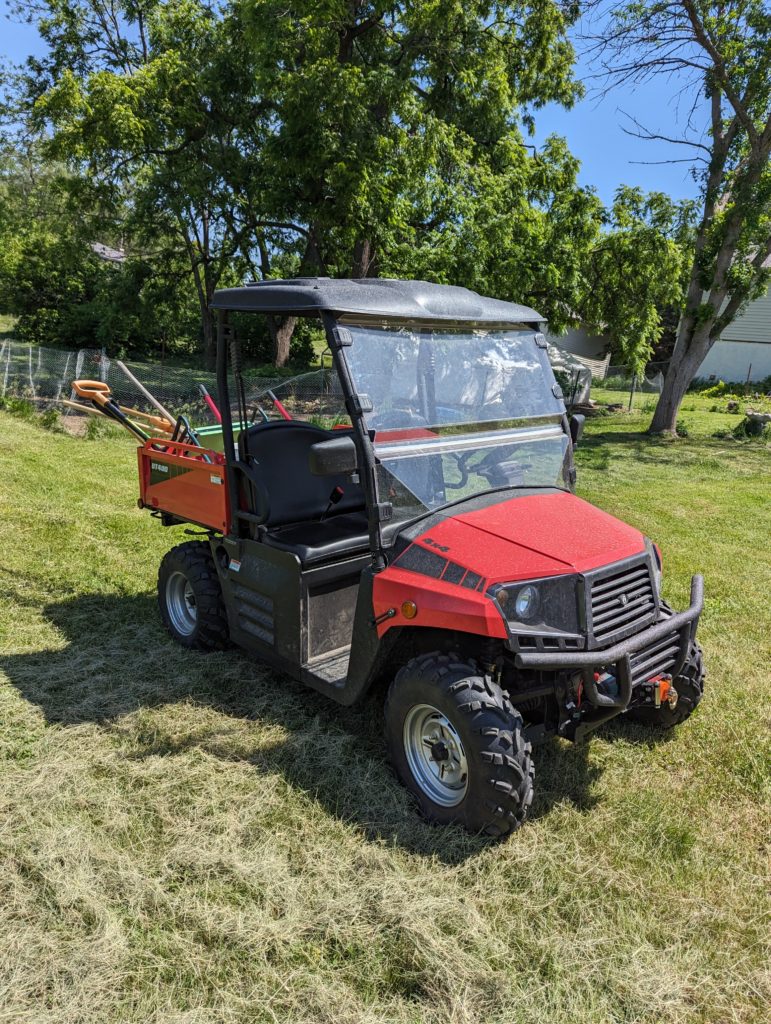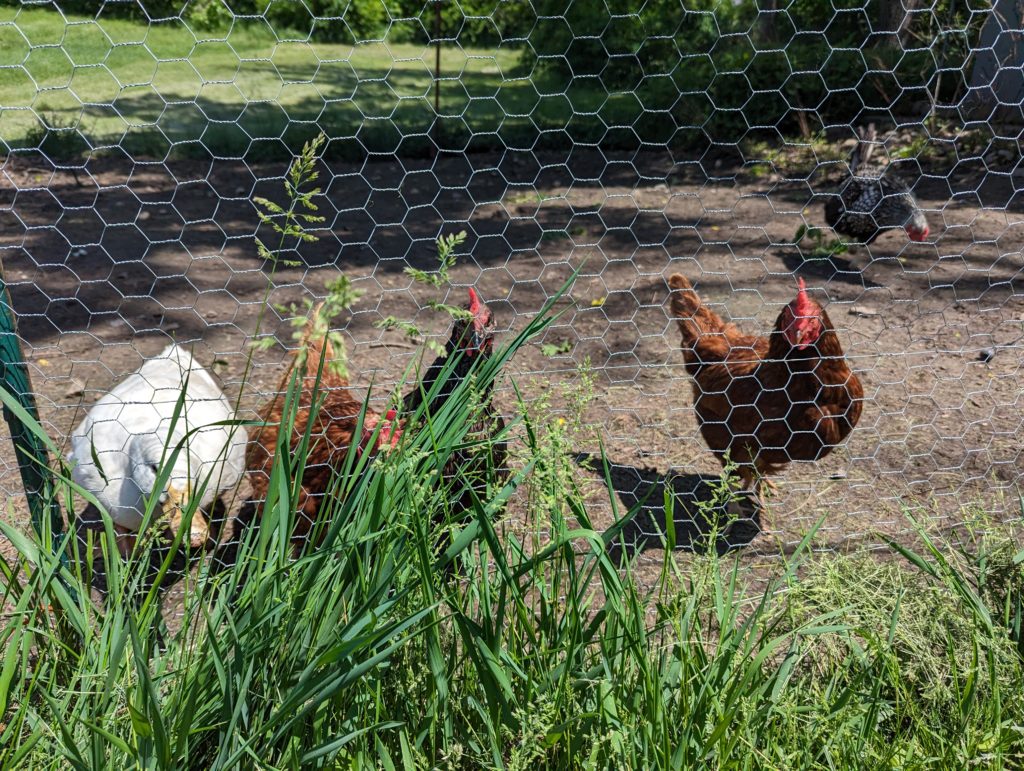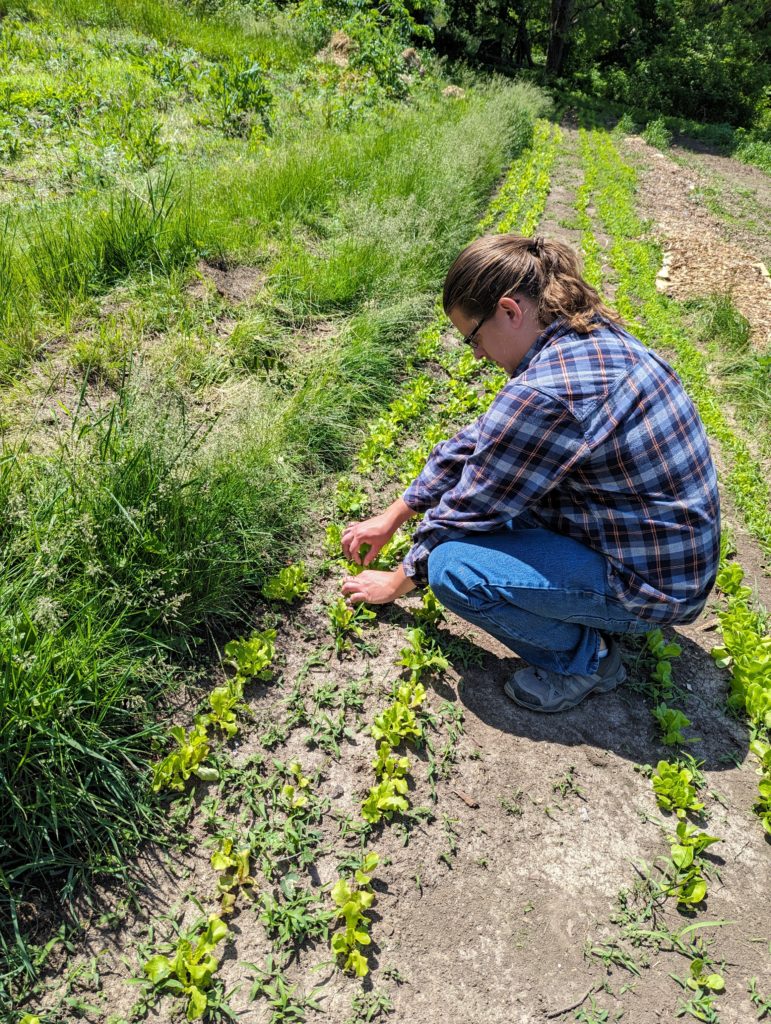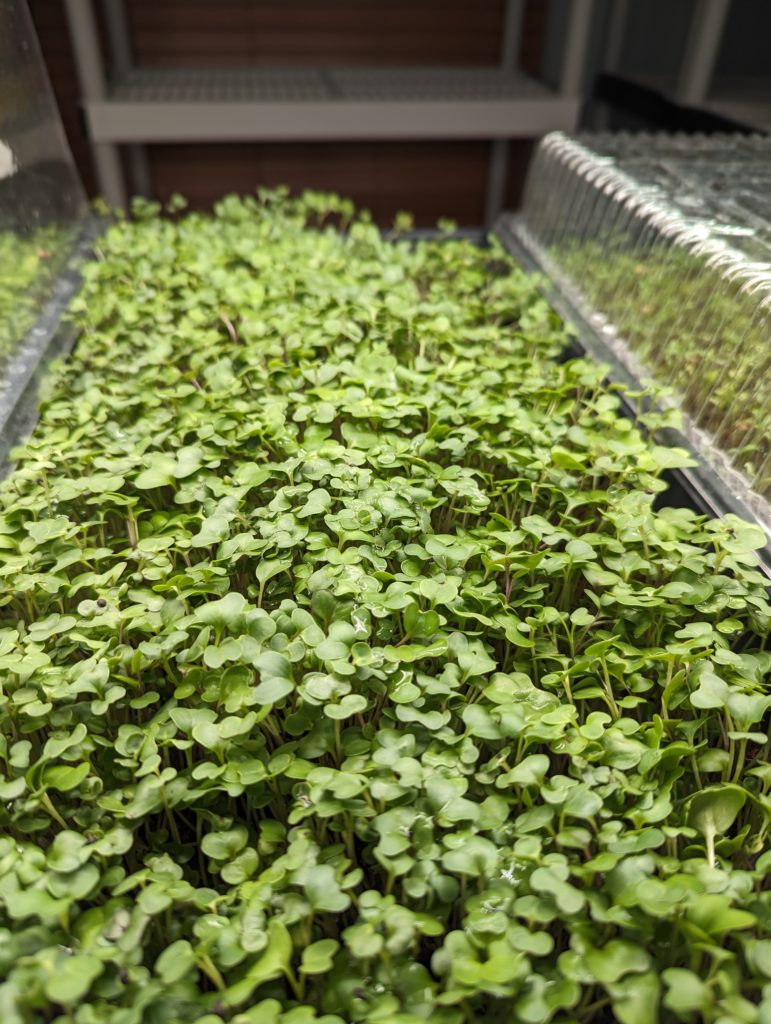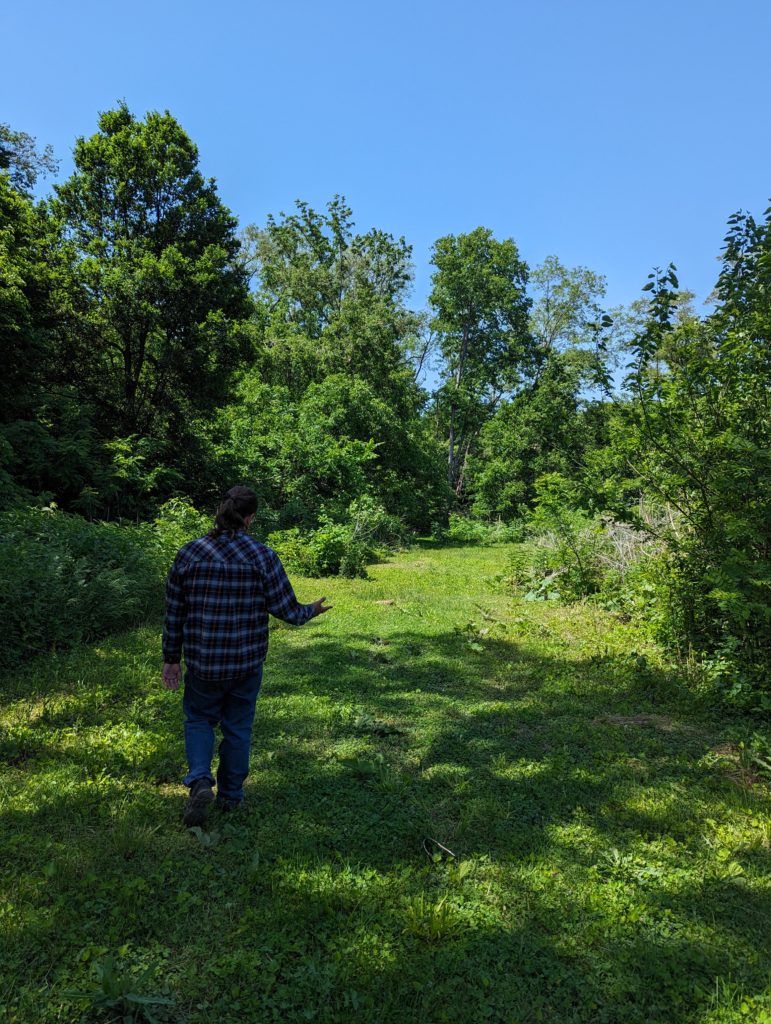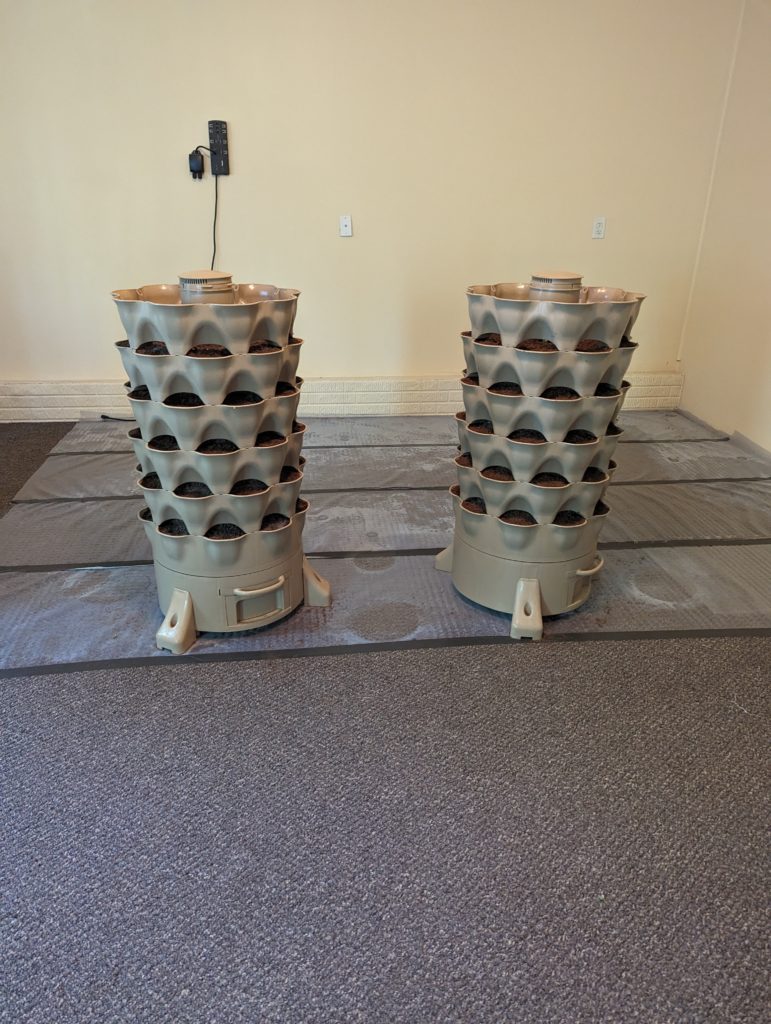In a world increasingly dominated by industrial agriculture, a new wave of farmers is emerging who are dedicated to regenerative farming practices and local food production. One of these farmers is Tim Fonfara, founder of The Omaha Urban Farmer LLC, who is bringing a fresh perspective to urban farming that emphasizes sustainability, self-sufficiency, and community.
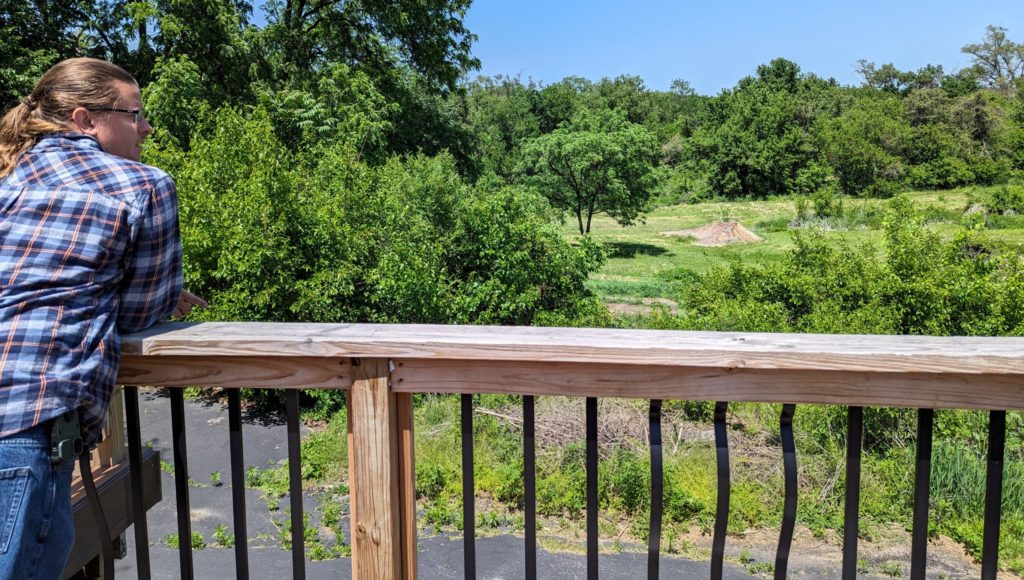
Fonfara’s journey began during the uncertainties of the COVID-19 pandemic. “If you would have asked me six years ago if I would have been interested in farming, I would probably have looked at you in confusion,” he recalls.
As pandemic-related shut-downs highlighted the fragility of global supply chains, he was one of many people who began investigating self-sufficiency. What started as an experiment soon grew into a commitment to grow good food and sell it locally.
The “farm” itself was acquired by Fonfara’s grandparents in the 1970s. Of the seven acres located in the heart of Omaha – just a stone’s throw from Bluestem Middle School – he estimates five are farmable. The property also features a 100+ year-old house which, having previously been a source of rental revenue, now serves to house his indoor sprouting operation.
Regenerative farming is at the heart of Omaha Urban Farmer’s approach. Unlike conventional farming, which often relies on synthetic inputs and monocropping, regenerative farming seeks to restore and enhance the health of the soil and ecosystem. “The idea is to have little to no disturbance of the soil biome as much as possible,” he explains. This method involves minimal tillage, using compost and natural ground covers to maintain soil health and reduce weed pressure over time.
“Human beings may want their lawn to look pretty and uniform, but nature likes diversity and multiple things going on,” he shares. “We’re now facing the dilemma of we’ve exhausted the land. Nature doesn’t want to do that. So now we have to go back and repair the soil biome for those lands that have been exhausted.”
He recalls one acquaintance who spent 11 years striving to restore his farm to organic standards.
Fonfara feels fortunate that his “old farm” was not subjected to monocropping or use of synthetic fertilizers and pesticides common in the post-World War II era.
“Stuff loves to grow here,” he says. “It has been sitting dormant since either the ‘60s or ‘70s so the soil biome is as good as it can get.”
Outside, the farm is organized into market rows. These rows often feature complementary crops, such as radishes and carrots, which exist well together and support each other’s growth.
Indoors, racks of microgreens are neatly organized and in varying stages of sprouting.
“Nine out of ten people still are in that stage of ‘What’s a microgreen?'” he laughs. “They’re very interesting because, if you’ve never had a microgreen before, depending on the plant, there’s kind of a spectrum taste to it. So when you try it, it’s a good eight seconds of tasting it before you really get the full spectrum.”
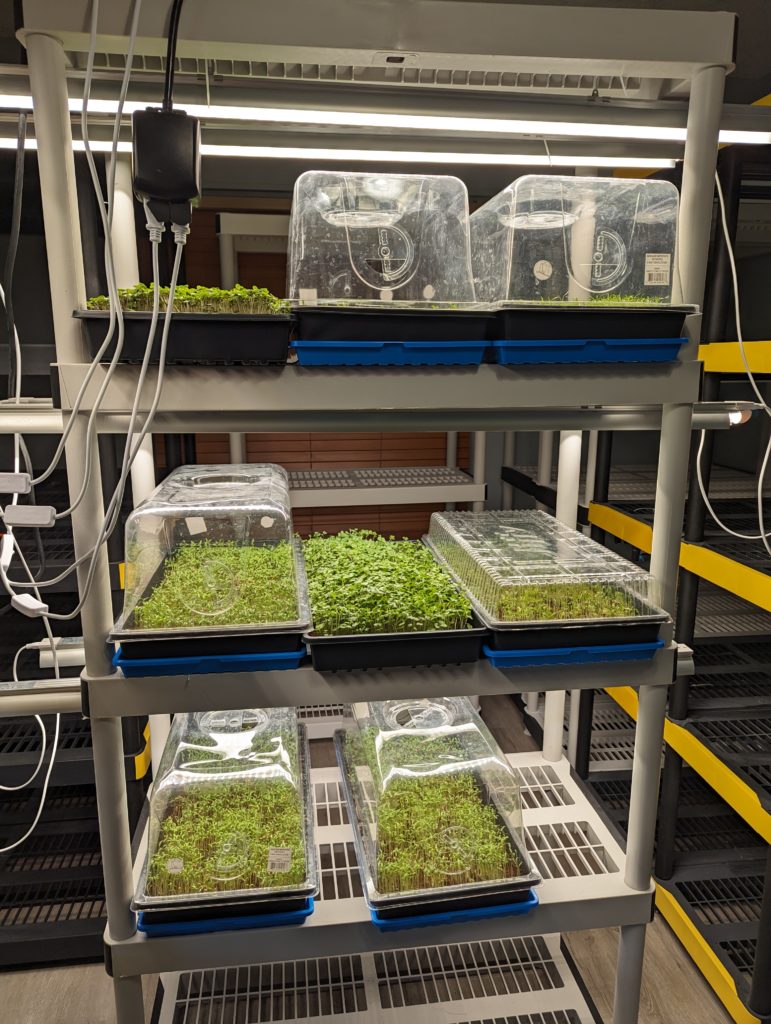
One intriguing aspect of Fonfara’s farming practice is the use of electroculture, which involves using materials like copper or aluminum to enhance plant growth.
“If you’ve got an aluminum fence and you’re wondering why stuff is growing so fast around it, you’re getting an electroculture effect,” he explains. This method, although not widely known, has been part of his innovative approach to farming, helping to boost plant vitality and growth rates naturally.
In addition to producing microgreens and vegetables, Fonfara is planting seeds for the future by introducing a number of fruit trees on the property. There is also an ambition to introduce animals to the farm, starting with the current small mixed flock of chickens and ducks.
Beyond the farm itself, there is a broader vision of building a sustainable community. By promoting local food production and regenerative farming practices, Fonfara aims to reduce dependence on imported produce and foster a more resilient local food system. “As an agricultural state, we import 90 percent of our produce. That is really absurd. We should not be doing that,” he emphasizes.
Omaha Urban Farmer can be found at local farmers’ markets, including those in Papillion, Gifford Park, and the Florence Mill market. They also offer microgreen CSA (Community Supported Agriculture) boxes of microgreens through their website OmahaUrbanFarmer.com
